11 Bad Remote Work Habits to Kick in 2023
Are you letting bad work from home habits ruin what should be a positive work experience for you and your family? Here is expert advice on how to keep them from destroying your productivity and career.
According to the US Bureau of Labor Statistics, 27.6 million people today work from their homes. This is triple the number of folks who worked from home in 2019, just before the pandemic. As more companies view remote work as a work style, rather than a perk, the need for employee self-management is more crucial than ever, as bad remote work habits can sabotage the success of individuals and company-wide remote work programs.
There are many reasons company-wide remote work programs fail, including poor planning and implementation by management. But remote workers can also sabotage their own success because of lack of discipline, poor work habits, and failing to plan. Below are eleven bad remote work habits you might identify with, and why it’s time to kick them for good.
1) Working in pajamas
Sleep experts say that if you have trouble sleeping, it helps to create a bedtime routine. Part of an effective bedtime routine includes getting into your pajamas. So, it stands to reason, that part of getting ready for a productive day is getting out of your pajamas, into day clothes.
Experts agree. Dr. De’Von Patterson tells HuffPost that when humans don’t know what is coming next, it creates anxiety. Getting dressed for work, even at home, tells our brains what’s coming, and helps put us in a productive frame of mind.
“There’s something called stimulus control where your behaviors are determined by a certain set of cues,” says Patterson. “Some people may have an easier time being productive if they recreate the cues associated with their productivity. If they’re getting dressed, that puts them in the mindset to work or study.”
2) Rejecting structure
Working from home can sometimes make a person feel like they’re the boss. No one near to answer to, enforce rules, or schedule every second of your day. But just like the boy in the “Home Alone” movie quickly discovered, a lack of structure creates insecurity and decreases confidence. A good way to establish a structure that creates security and confidence is to create daily rituals.
In an in-depth LifeHack.org article about morning rituals, Seth Simonds writes, “Starting your day with a few simple tasks is an easy way to begin a cycle of results that’ll power you through your day.” But unlike structure imposed on you by others, rituals center around your needs, personality, and your life choices. Choices that were mutually agreed upon when your company gave you the okay to work from home.
3) Multi-tasking
We all like to think we’re efficient multi-taskers. In actuality, multi-tasking merely causes attention split. While we may think we’re accomplishing more than one thing at a time, in reality, all we’re doing is repeatedly and rapidly shifting our attention from one thing to another. In doing so, those shifts in attention cost us both in time, concentration and focus.
“Multitasking leads to what psychologists call ‘task switch costs,’ or the negative effects that come from switching from task to task. We encounter task switch costs (like a slower working pace) because of the increased mental demand that’s associated with jumping from one thing to another,” writes Kendra Cherry for VeryWellMind.
Here’s an excellent read on what multi-tasking does to our productivity. In a nutshell, multi-tasking makes us feel more productive because our busy-ness leads us think we’re doing more. Our attention is split and minimized into several activities, adding up to not much of anything.
4) Working around clutter
While there is debate over how neat a person’s desk should be, there’s little doubt that being in a room cluttered with kids’ toys, newspapers scattered on the floor, or yesterday’s mop water still in a bucket can kill productivity and creativity. According to one UCLA study, “Similar to what multi-tasking does to your brain, physical clutter overloads your senses, making you feel stressed, and impairs your ability to think creatively.”
“The biggest drawback of being surrounded by clutter on a regular basis is the negative impact it has on focus and concentration skills. Whether at work or home, it doesn’t take long at all to start to see a delay in these processes. You brain is constantly processing what you are seeing, hearing, feeling, and thinking, and it can easily become distracted by visual and mental clutter as it tries to disseminate where it all belongs.” ~ How Clutter Affects Your Brain
Paraphrasing a study by the Princeton University Neuroscience Institute, for Unclutterer.com, Erin Dodland writes, “When your environment is cluttered, the chaos restricts your ability to focus. The clutter also limits your brain’s ability to process information. Clutter makes you distracted and unable to process information as well as you do in an uncluttered, organized, and serene environment.”
5) Cleaning
While a cluttered house is not conducive to productivity, cleaning while you’re supposed to be working isn’t good, either. Set a time to clean before you work, or set a cut off time for work to clean. Don’t mix the two.
Now, there is this thing I have about doing laundry during work hours. A common problem for remote workers is sitting for long periods of time. This is bad for our backs, wrists, necks and shoulders, and can cause headaches. Laundry cycles run around 45 minutes, so stopping to switch loads or fold a load of clothes usually provides the perfect amount of time for brief mental and physical breaks needed to stretch and move around.
6) Scheduling tasks from most to least difficult
Many productivity experts have said that the best way to get things done is to tackle difficult tasks first. This makes sense, especially for people who procrastinate. It sure feels good when the tougher items on our lists are done.
But, this isn’t always the best approach, especially for people who work from home. Karen Southall Watts, speaking to the New York Times, says it’s best to “schedule your most demanding tasks during your natural periods of high energy, and do your planning and reflection when you are feeling less perky. When your energy is low, that’s not the moment to make 10 sales calls.” Because you have more control over your schedule, tackling difficult tasks during energy peaks could be better.
7) Responding to every call or email that comes in
I know, I know. You work alone and crave contact with the outside world. But, nothing eats up precious time more than email or unscheduled phone calls. Set up an auto-responder for your emails. Create a voice message that informs callers you are not available and when you will return their calls. It might be a bit annoying to the recipient, but it sets firm boundaries, and saves you from answering each call and then needing to cut each call short.
According to Juliette Garside, writing for The Guardian, “The average person is interrupted every three minutes during their working day… and our plethora of gadgets has made for more disruptions.” Says Garside, “Interrupted tasks have been found to take twice as long to finish and contain twice as many errors as uninterrupted efforts: it can take between 12 and 20 minutes to resume a complex task after being interrupted.” Enough cannot be said for doing whatever it takes to cut unnecessary distractions. (Another reason multi-tasking is such a bad remote work habit.)
8) Eating at your desk
Aside from the fact that dripping juice and dropping crumbs all over your keyboard is unsanitary, dining at your desk creates mindless eating, which is bad for digestion. Mindless eating means you gulp down food to satisfy hunger and get back to work as quickly as possible. Instead, take dedicated meal breaks, allowing yourself to enjoy your food.
Perhaps more important than sanitary and digestive issues is that eating at your desk robs you of a much-needed mental break. According to Jon Yaneff, “When you don’t get proper nutrition—from missing meals or digesting them on the run—your work will suffer.”
When you always eat at your desk, you can end up feeling tense and tired without an uninterrupted break. Laura Vanderkam, writing in Fast Company, warns that “failing to take a real break is a recipe for needing a lot of unofficial and inefficient breaks–like random web surfing–later.”
9) Keeping social media open
The mother of all distractions these days: Social media. I used to act like a fiend when I had Twitter loaded: refreshing every other second, checking to see who wrote what, who followed me, who dumped me, etc. I used Facebook more for family socializing, and ended up getting nothing done, yet wrote posts about how much work I had to do.
Here’s a frightening claim: “Every time someone at work gets an IM, a Facebook message or a tweet, it takes them a whopping 23 minutes to get back on task. Taken all together, that costs the American economy $650 billion per year in lost productivity.” (LearnStuff.com)
10) Caving in to parenting guilt
There’s no question that working from home has challenges. But nothing compares to working from home with children. However, as demanding as children are you have to let them know that when you’re working, they wait for you, not the other way around. There’s no perfect solution for keeping kids at bay and avoiding the “bad parent” feeling, but creating rituals with kids helps a lot. The trick is consistency. Once you’ve established your own schedule and created your kids’ activities around them, allow for no interruptions unless there’s blood.
Geoff Williams, writing for USNews, suggests taking scheduled “kid breaks.” If you were working onsite, you would take periodic breaks to chat with co-workers, so use those breaks for time with your kids. This helps ease feelings of guilt that you’re neglecting the kids, and gives your kids a chance to have 100% of your attention for short periods, preventing unexpected interruptions later on.
11) Staying on the clock
Remote workers put in longer hours than onsite employees. That five-second-commute that seems so attractive in the mornings often keeps us at work in the evenings, and sometimes late into the night. This leads to an unbalanced life.
It is important to set limits on yourself and to stick with them for stopping work at a certain time each day. According to a study by Captivate, leaving work at a reasonable hour was one of the top three ways people could find work-life balance.
Flexibility and balance are the primary reasons people opt to work from home. If, however, you never detach from your work, you and your family inevitably will suffer. Says Adrienne Breaux, “[T]rying to fit checking in at work plus getting things accomplished around the house is a recipe for burnout.”
Adopt new habits
Burnout, strained relationships, physical ailments, and a plethora of other maladies can result from working from home if you are not mindful of bad remote work habits. Along with ensuring your meet your technological needs, you also need to become a good provider and manager of yourself. This means taking care of your needs, being willing to be the “bad person” if necessary, and doing what it takes to provide yourself with a working environment that allows you to be productive and thrive.
Your turn: Have you overcome any bad work-from-home habits, and improved your productivity because this?
Let’s talk more about it. Join us on Facebook and LinkedIn
Does your resume need help? Check out our resume rewrite packages!
Category: Healthy Living, Productivity, Telecommuting, Work Ethics
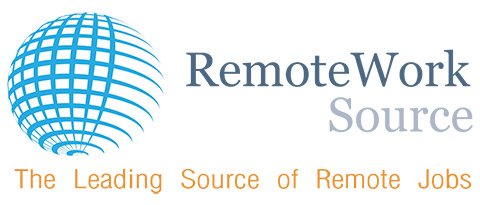
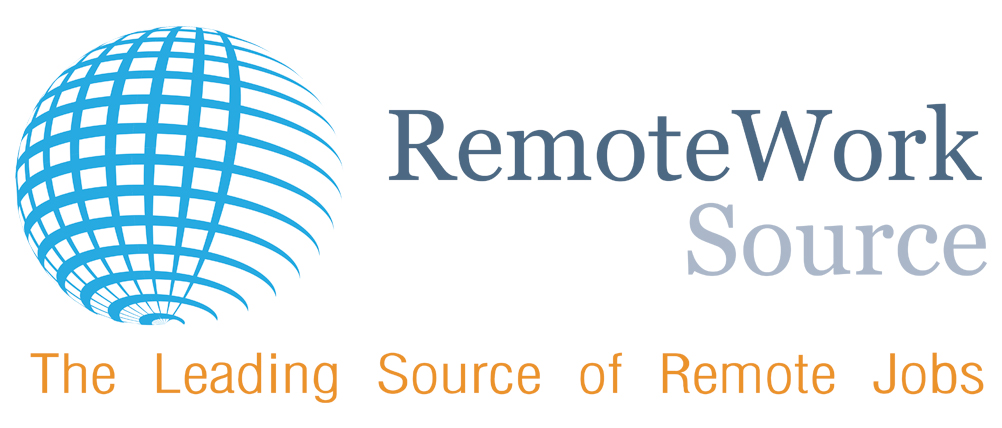

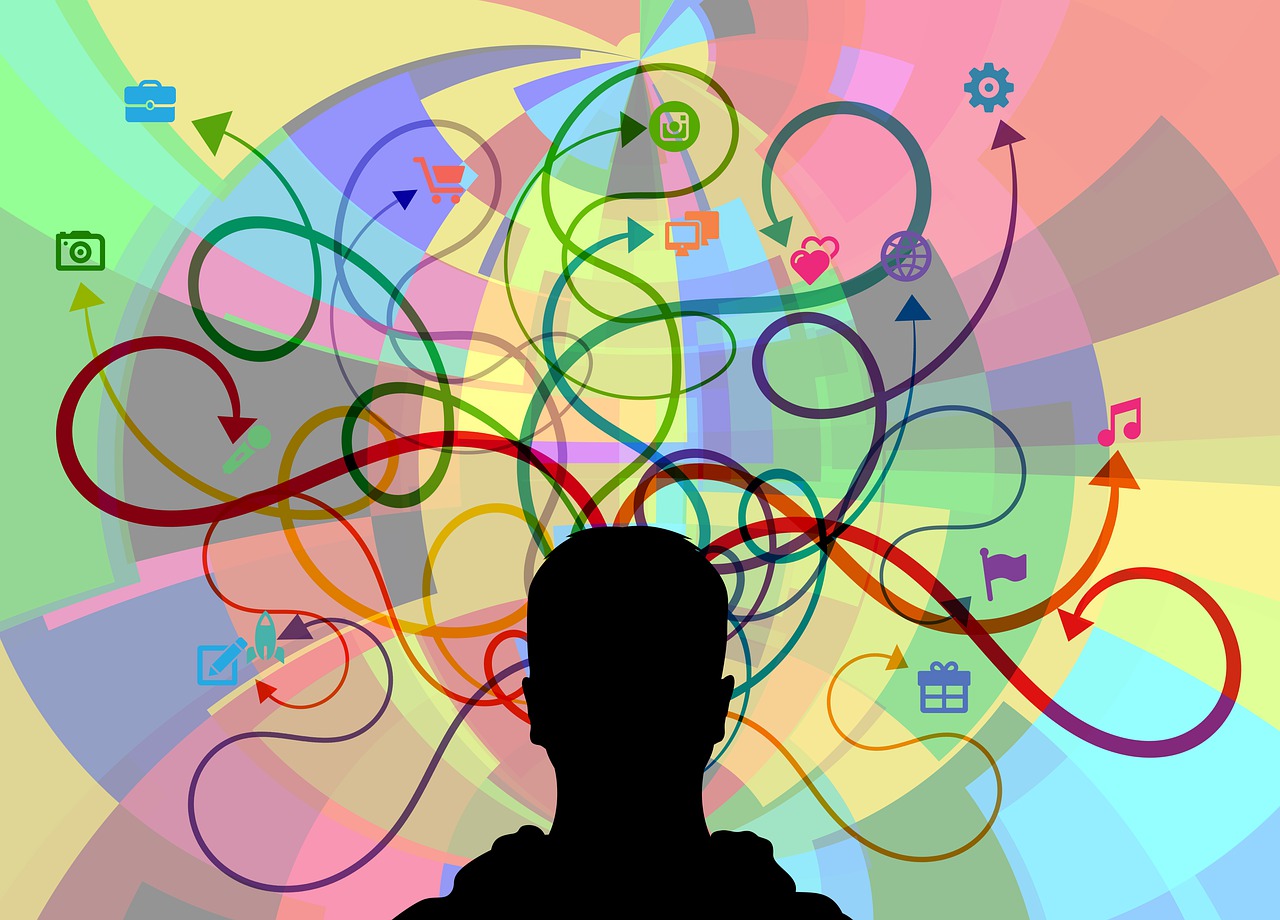

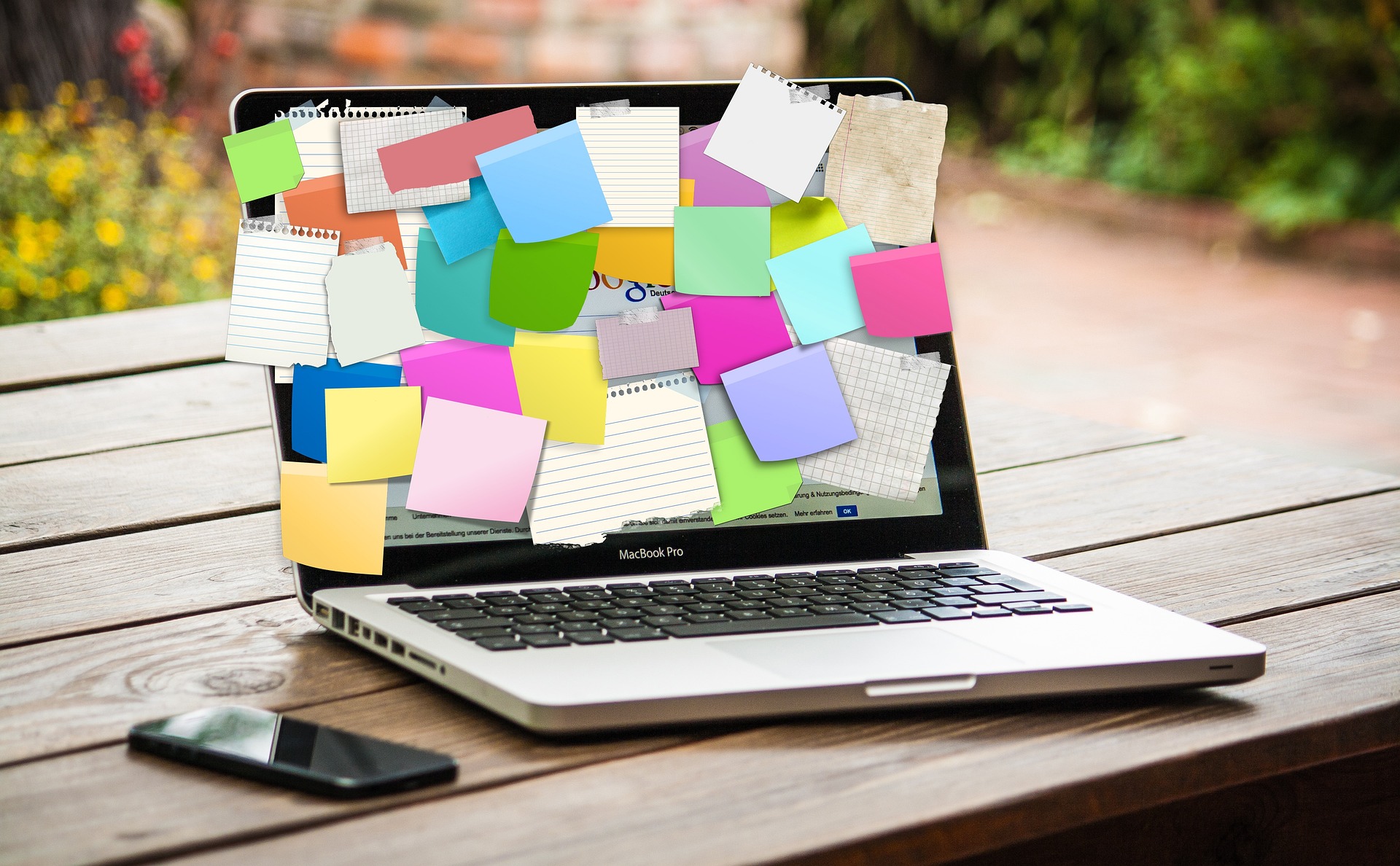
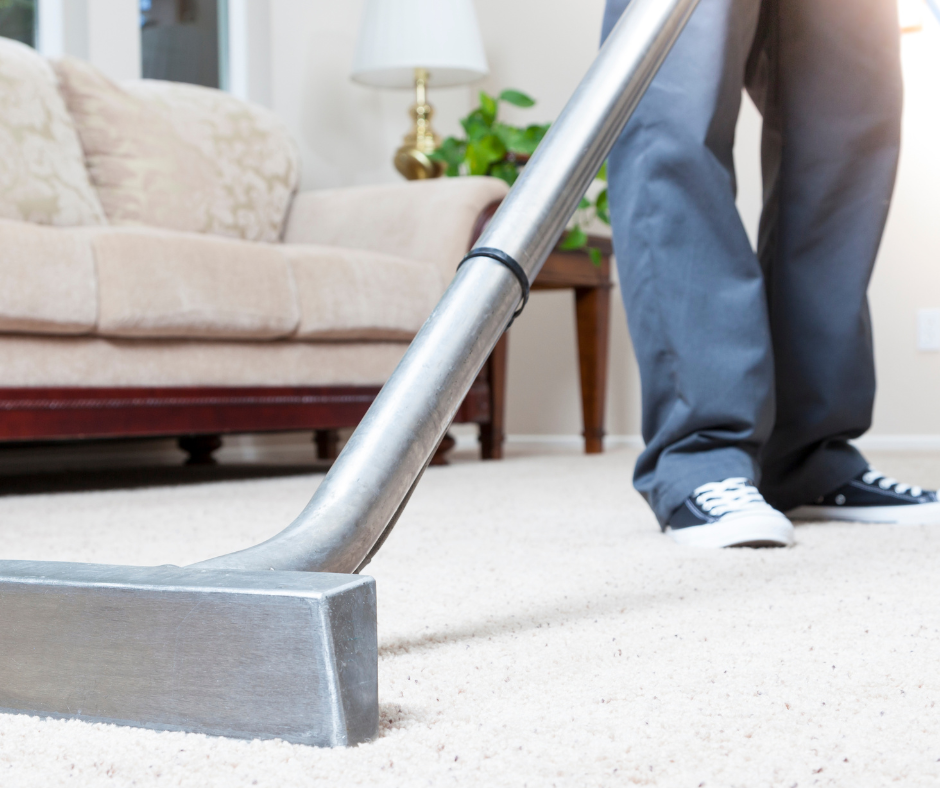








Thanks for sharing such a great post about Remote Works
Absolutely! I hope something resonated with you.
Very insightful article. Thank you Pamela, i needed this a head of my remote career journey. This is very helpful.